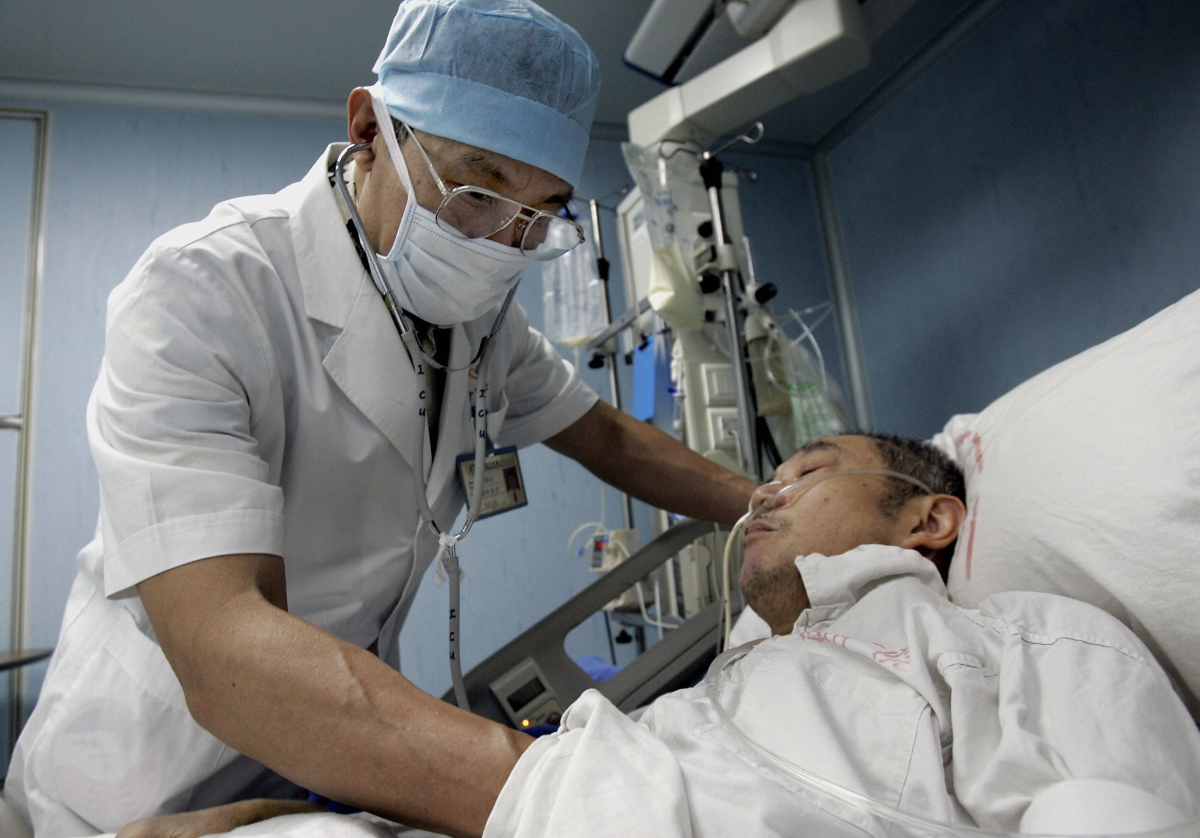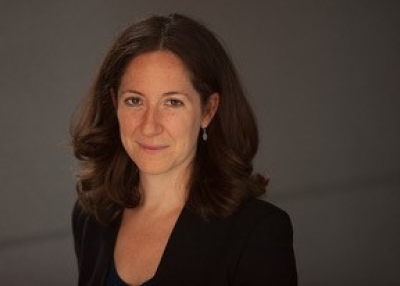My Meeting With Jiang Yanyong, the Chinese Doctor Who Dared Speak the Truth About SARS
NPR

The following is an excerpt from Susan Jakes' article originally published by NPR.
"To get by in China, a citizen learns to adjust to the gulf between the truth and the official truth. Officially, China is a 'People's Republic' that puts the worker first. Officially, China respects human rights. Officially, China's media report the news freely. Those who call attention to the gulf between these official truths and the unhappy reality are labeled confused, unpatriotic or evil — because, officially, no gulf exists."
This was how I began Time magazine's 2003 "Asian Newsmaker of the Year" citation for Dr. Jiang Yanyong, a Chinese military surgeon, who died March 11 at the age of 91.
The news Jiang made that year was exposing the Chinese government's cover-up of Beijing's outbreak of Severe Acute Respiratory Syndrome. Just as COVID-19 would be in 2020, SARS was a deadly respiratory illness caused by a then-novel coronavirus. To Jiang, his act simply upheld "the most rudimentary standards" of his profession. It forced a collision of fact with official lies and created the space for other officials and doctors to tell the truth. This led to the ouster of China's health minister and Beijing's mayor — an unprecedented if tacit concession of error on the part of China's leaders — and saved an untold number of lives.
In the spring of 2003, SARS had been circulating in southern China and Hong Kong for several months. Some 2,300 people had been infected around the world. Rumor had it that the virus was now spreading within Beijing, where Jiang, then 71, was in semi-retirement after a career practicing and teaching surgery at one of China's top hospitals, run by the country's military.
China's health minister, Zhang Wenkang, himself a former military doctor, issued a statement on April 3 with the reassuring news that the capital had seen only 12 cases of SARS all of whom had contracted it outside of Beijing. On April 6, China's premier, Wen Jiabao, followed up to "warmly welcome friends worldwide to come to our country for tourism, visits or to engage in commercial activities" and asserted that "the Chinese government [was] fully capable of controlling the spread" of the illness.
Jiang watched these statements in disbelief. He knew that doctors and nurses in Beijing were contracting SARS while treating patients, who occupied hospital beds by the dozens. After talking to colleagues at his own hospital that he would describe as "furious" at Zhang and Wen's lies, he decided to sound the alarm. On April 4, he faxed a statement on the true spread of the disease to China's main state broadcaster and to a TV station in Hong Kong. He received no response.
I was a correspondent for Time in Beijing and was having a hard time reaching doctors who would speak to me. On April 8, I called a well-connected friend who'd grown up in Beijing and who I hoped might know some doctors. He was breathless when I answered. Apparently, he had been just about to call me. He asked me to call him back from a "safe" phone outside of the Time bureau. Once I did, he told me about Jiang's statement and said he'd send it right away.
A few minutes later, heart racing, I read the single printed page. It was unheard of for a person of Jiang's stature — as a chief of surgery at his military hospital his rank was equivalent to that of a U.S. major general — to directly contradict China's most senior leaders, let alone to do with his name and two home telephone numbers emblazoned atop his allegations. I dialed one of them. It took some cajoling but after a few minutes on the phone he agreed to meet me later that afternoon at a hotel near his hospital.
